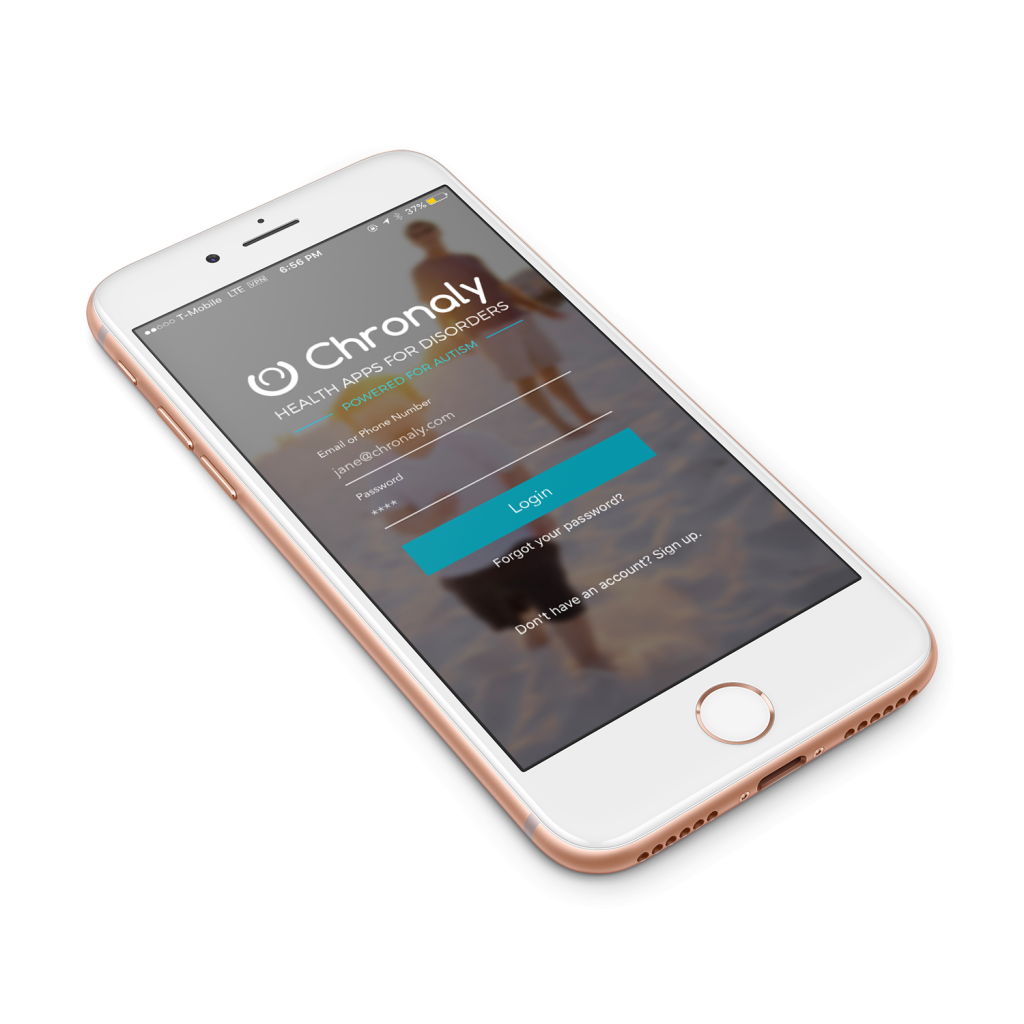An Autism App that puts everyone on the same page
Chronaly is an Autism App that uses data to better lives
Recently during Autism Awareness Month, we learned of a mobile health company that plans to connect the autism community and use data to better the lives of parents, families, and children with autism.
Much like the different colors and shapes that represent the diversity of the people and families living with autism, Chronaly’s team and background mimics these people and families. Chronaly’s culture and team embraces and practices inclusion and integration (much like National Autism Awareness Month, their app and logo are even blue) and is on a mission of establishing an autism app with a focus on inclusion and integration.
Here’s how Chronaly’s Autism App helps.
This year, Chronaly launched its first app focused on autism for iOS and Android. Their app was developed to include and integrate the care community—parents, therapists, teachers, doctors, etc.—under one roof to connect and come together to better care for and support people with autism.
Based on research and interviews with parents, therapists, teachers, and others in the community, Chronaly’s team took on the challenge of creating features that really matter for improving treatment strategies—such as simple logging of daily activities and personal data for use anytime, anywhere on your phone. Through its analytics platform, Chronaly hopes to use data to improve every facet of autism-related education and treatment (from using goals to help teachers and therapists devise and evaluate IEPs, to providing helpful insights for parents to discover causes of meltdowns and health issues).
Families make a difference
Accordingly, Chronaly’s mission was inspired by Lily, one of its co-founders, and her observations growing up with her brother, Jeffrey, who has autism. From her perspective, “it was so weird to think how my brother’s psychiatrist would change his meds based on a 15 minute conversation once a week with my dad and brother.” This approach especially neglected tons of crucial data into Jeffrey’s well-being, like his behavior at school through what his teachers and caregivers saw.
Moreover, it neglected the experience and data of those like Jeffrey. As she jokes, “Jeffrey might be unpredictable sometimes, but what if we had data on 1000 Jeffreys? We could see helpful patterns and figure out triggers.” Through the insights generated by Chronaly’s data analytics, in the near future Chronaly hopes to empower all members of the care community with actionable insights for behavior, developmental, and health goals, based on anonymized data generated from across its user-base.
Going forward, Chronaly and its team are excited to include and integrate the voice and data from across the care community.
_______________________________________________________
To learn more about Chronaly, visit them at https://www.chronaly.com/






